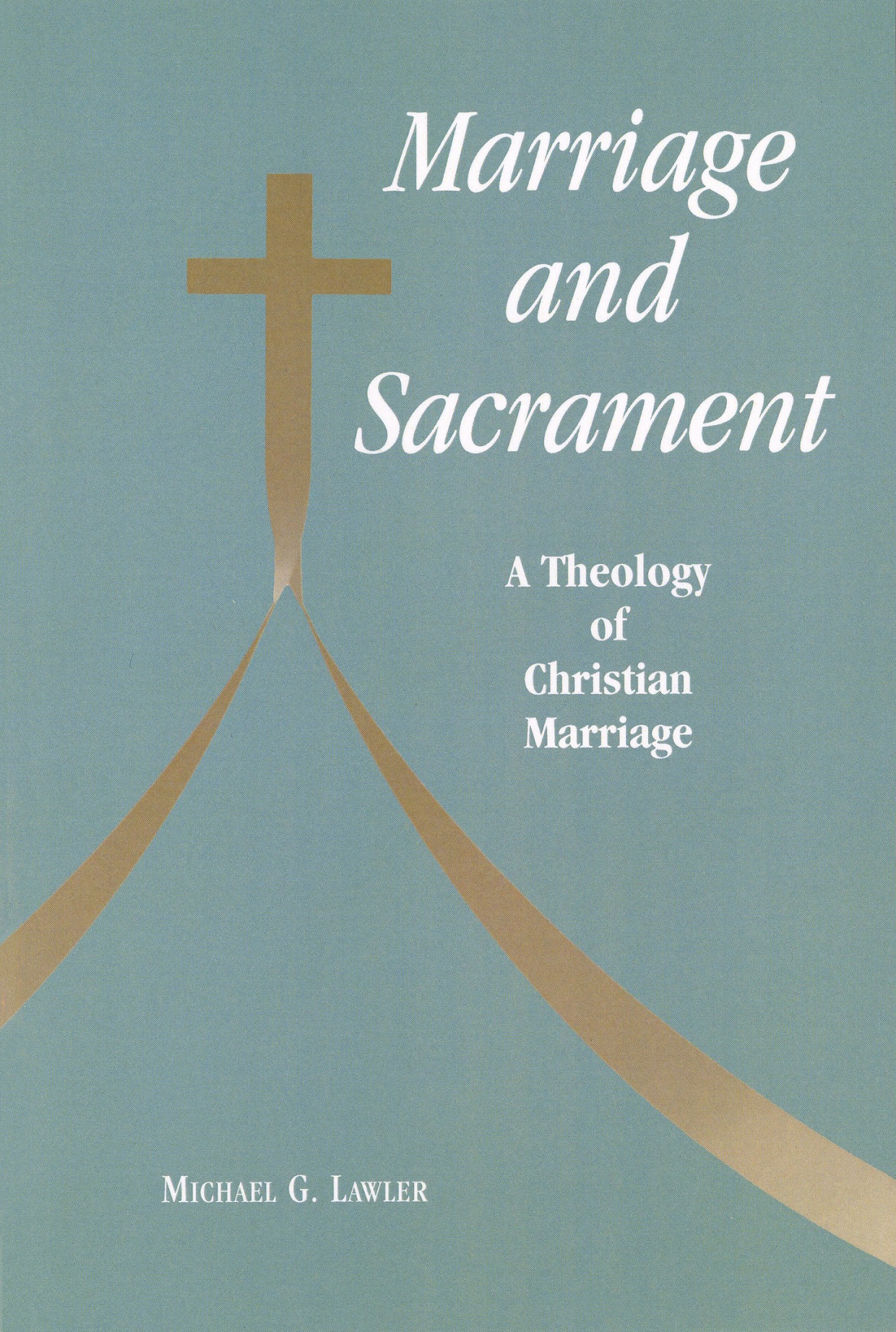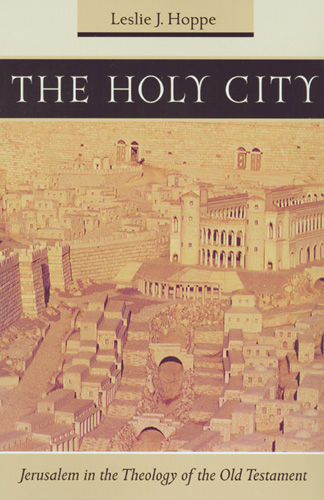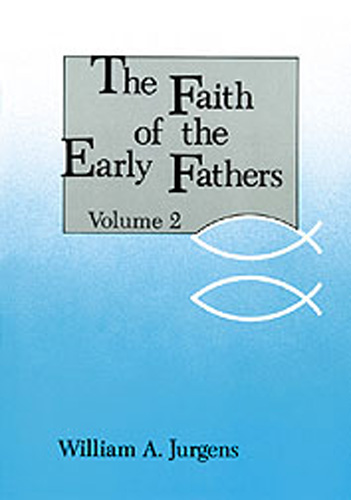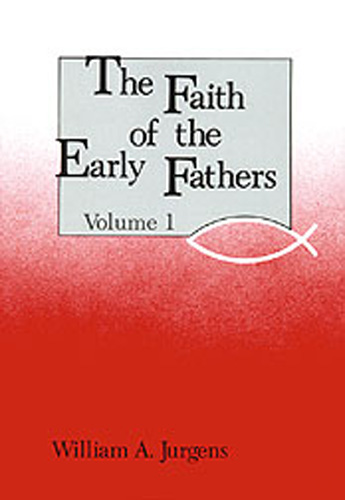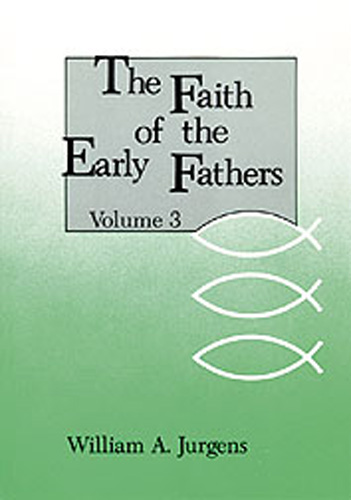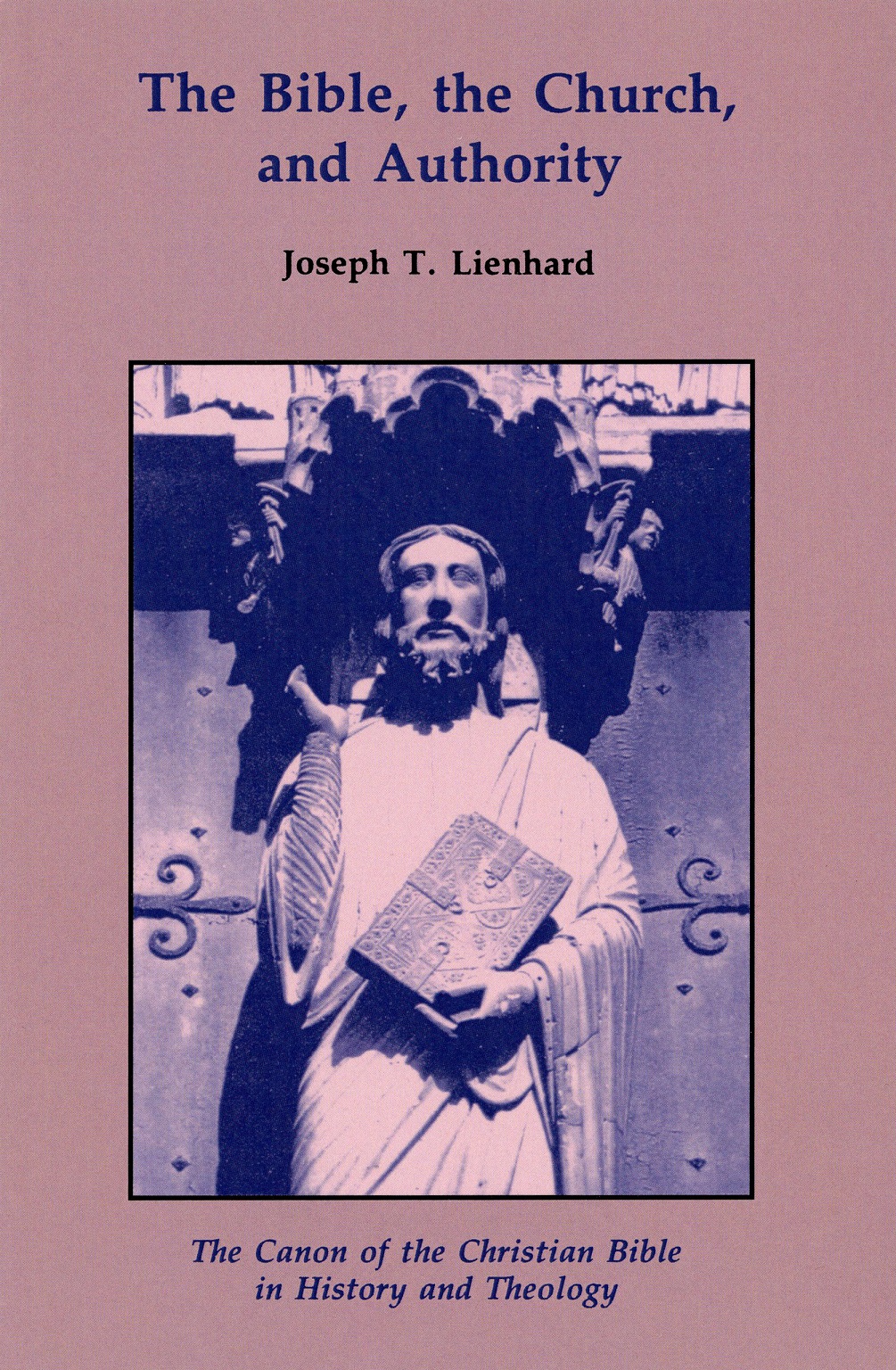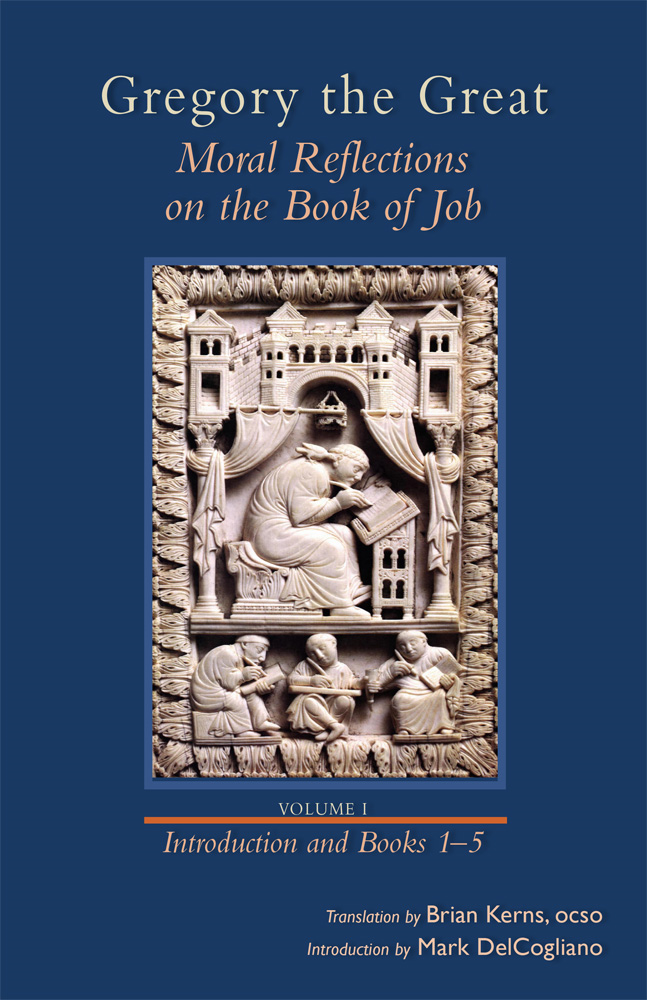The book collects together the work of the late John Hughes, Dean of Jesus College, who died in 2014 in a car crash aged 35.
John was a rising star in the Church of England and a much respected intellect. He did his undergraduate theology at Jesus in Cambridge, his Master’s work in Oxford with Oliver O’Donovan, and his PhD with Catherine Pickstock in Cambridge whilst training for ordination.
John was a much loved teacher with an effective pastoral ministry and colourful character. At his Requiem Mass 120 clergy proceeded the coffin in front of a congregation of a thousand. John was a philosophical theologian with a breadth of interests. Nevertheless, there was an underlying and unifying project.
Following in the wake of the Nouvelle Theologie and radical orthodoxy, John’s wider project was to show the integral relation of grace and nature. He was thus able to hold together a romantic Christian Socialism, a love of culture and a committed pastoral ministry.
For John, there was no pure nature or neutral secular realm, but all things could be seen in the light of faith as graced and caught up in the redeeming love of God. John integrated a rich catholic spirituality and theological understanding with an incisive critique of contemporary philosophical schools.
John Hughes was Dean and Chaplain of Jesus College Cambridge and one of the Church of England’s most promising theologians. He died in a car accident aged 35 in the summer of 2014.
Matthew Bullimore is a parish priest in Yorkshire, former domestic chaplain of the Bishop of Wakefield and a member of the Editorial Group of Crucible as well as editor of its Forum section.
‘The jarringly premature loss of John Hughes as a theologian as well as a man, is incalculable. Yet in this collection of essays, as well as in his first book, he has nonetheless left us with a crucial legacy … It is now up to the rest of us to sustain his work, and in his own joyfully and amicably militant spirit.’
–John Milbank, University of Nottingham, UK
‘In all the work of John Hughes, sacramental socialism was reborn and reshaped with a greater intensity for our troubled times. He was David Jones’s ‘cult man’ who ‘stands alone in Pellam’s land’, where he guarded the signa. But in this volume, he has bequeathed us his ‘house treasures’, ‘the tokens, the matrices, the institutes, the ancilia, the fertile ashes – the palladic foreshadowings … the venerated trinkets’. May his readers guard them well and attend to their vital implications.’
–Catherine Pickstock, University of Cambridge, UK

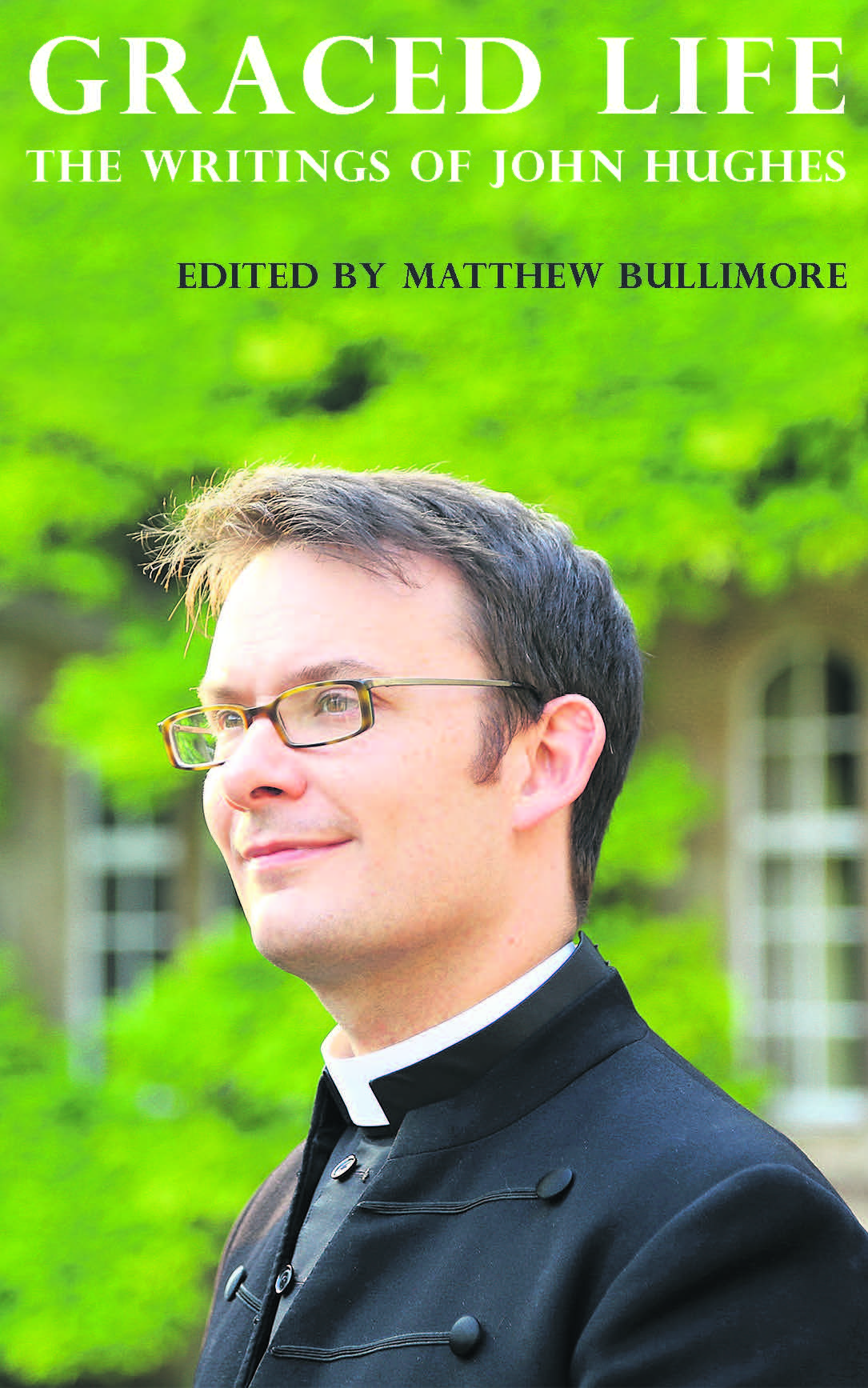
 Back
Back
